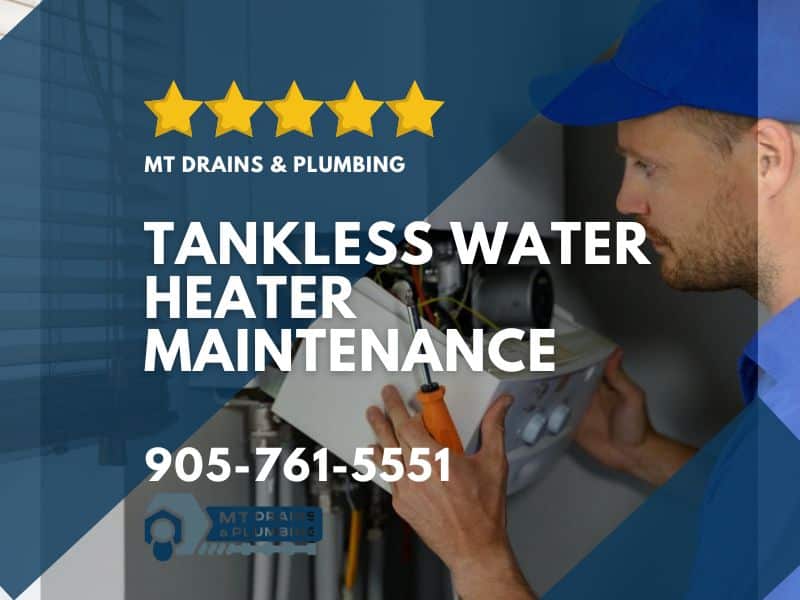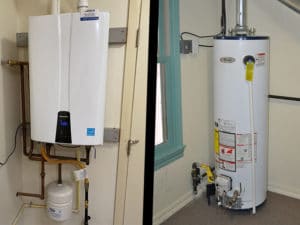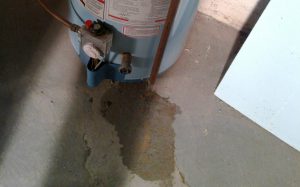A tankless water heater is a great way to heat your home’s water efficiently. They last longer than traditional heaters and can save you money on your energy bills. But like any appliance, they require some maintenance to keep them running efficiently.
Failing to maintain your unit properly can lead to several problems, including decreased efficiency, shorter lifespan, or even a complete breakdown. For example, clogged, dirty filters force the unit to work harder to circulate the water, leading to overheating.
Here are a few tips to help maintain your tankless water heater and keep it in tip-top shape:
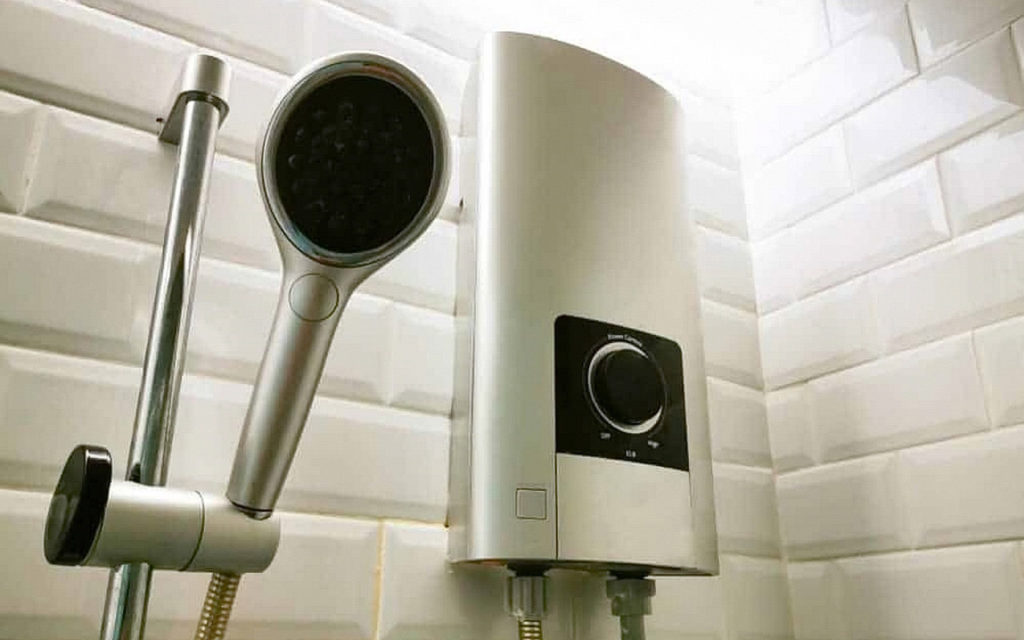
Descale Regularly
Over time, hard water can leave behind deposits of calcium and magnesium that build up on the heating elements in your tankless water heater. This scale buildup not only reduces the efficiency of your water heater but can also lead to costly repairs. That’s why it’s important to descale your tankless water heater regularly.
Before you get started, you’ll need to gather the following supplies:
- Descaling solution: You can purchase a commercial descaling solution from your local hardware store or online retailer. Or you can make your own descaling solution by mixing equal parts of white vinegar and water.
- A pump: A small submersible pump will do the trick. If you don’t have one on hand, you can rent one from a hardware store.
- Protective gloves: When working with descaling solutions, it’s important to wear protective gloves to avoid skin irritation.
- Plastic bucket: You’ll need a plastic bucket to catch the runoff from the descaling process.
- Garden hose: Attach the garden hose to the faucet nearest your tankless water heater so that you can easily dispose of the runoff. Make sure the hose is rated for hot water use.
Now that we’ve answered some basic questions about descaling, let’s get into the actual process. Here’s what you’ll need to do:
- Turn off the power to your tankless water heater.
- Attach the hose to the outlet on your tankless water heater and route it outside. Turn on the pump and let it run until the vinegar or citric acid solution has been pumped into the unit.
- Once the vinegar or citric acid solution has been pumped into your system, turn off the pump and disconnect the hose. Close all valves and allow the solution to sit in the unit for at least an hour. This will give it time to work its way through all the internal components and break up any scale buildup.
- Restart your water heater according to the manufacturer’s instructions. Run hot water through all the fixtures until you can no longer smell the descaling solution.
The frequency with which you need to descale your tankless water heater will depend on the hardness of your water. If you have soft water, you may only need to descale once every two years. If you have hard water, you may need to descale once a year or even more frequently.
You can tell if you have hard water by looking for mineral deposits on your fixtures or if your clothes feel stiff after washing them. If you suspect that you have hard water, you should have your water tested by a professional. They will be able to tell you definitively whether you need to descale more frequently.
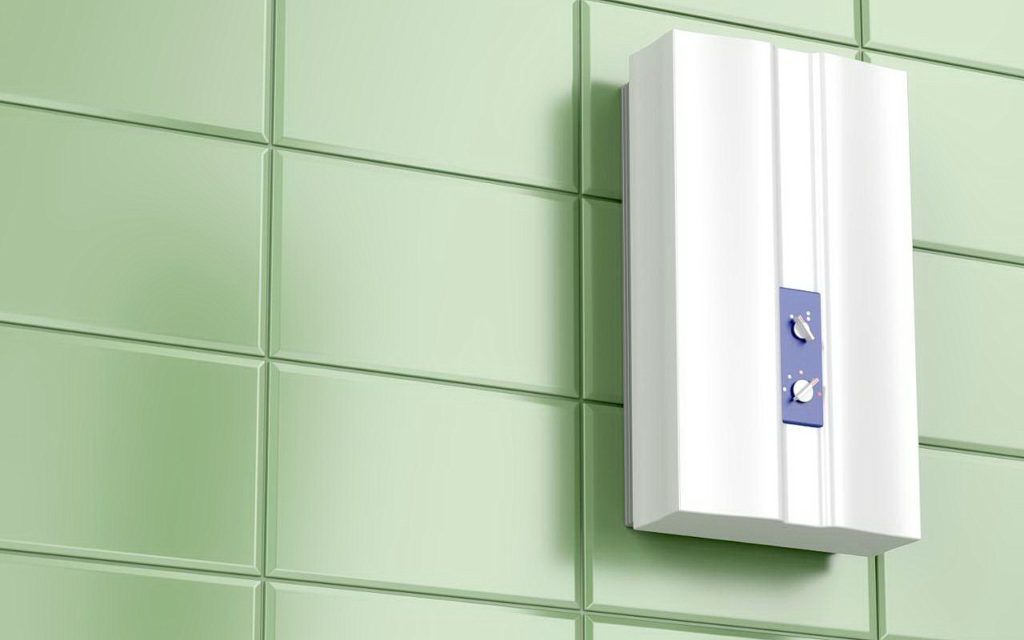
Keep an Eye on Water Pressure
Maintaining the correct water pressure is critical for the proper function of tankless water heaters.
If the water pressure is too low, then the heated water will not be able to flow properly through the system. This can lead to a buildup of scale and sediment, which can reduce the efficiency of the heater and potentially damage the unit.
Conversely, if the water pressure is too high, it can put undue stress on the seals and gaskets within the system, leading to leaks. To avoid these problems, it is important to check the water pressure and make adjustments as needed regularly.
Although the optimal water pressure will vary depending on the specific make and model of tankless water heater installed, most tankless water heaters operate best with a water pressure range of 40-80 psi.
As a rule, it’s always a good idea to consult your water heater’s owner’s manual or contact the manufacturer directly to determine the optimal water pressure psi for your unit.
If your inlet pressure is below 40 psi, you might want to consider having a plumber increase your water pressure or upgrade to a newer tankless water heater model that can handle lower pressures.
Clean Filters Regularly
In addition to descaling, you should clean your tankless water heater’s filters regularly. Most units have two filters – an inlet filter and an outlet filter. The inlet filter screens out debris and sediment from the incoming water supply before it enters the unit. The outlet filter does the same for the outgoing water.
Cleaning or replacing these filters regularly will help keep your unit running smoothly and prevent any blockages that could cause problems down the road. Most manufacturers recommend cleaning or replacing the filters every six months or so.
Winterize the Unit
You’ll need to winterize your tankless water heater if you live in an area where temperatures drop below freezing. This prevents the unit from being damaged by extremely low temperatures. To winterize your unit, you’ll need to turn off the power, disconnect the water supply, and drain the unit completely.
Have the Unit Serviced by a Professional Every Few Years
Even with regular maintenance, it’s a good idea to have a professional inspect and service your tankless water heater every few years. They have the tools and expertise to ensure everything is in good working order and identify potential issues before they become big problems.
At MT Drains & Plumbing, our experts can help you keep your tankless water heater in good condition, so you can enjoy the benefits of this energy-efficient appliance for years to come. We have years of experience servicing and repairing tankless water heaters and are always here to help if you run into any problems.
During a service call, our technicians will clean the unit, inspect all the parts, and make any necessary repairs.
Give us a call today to schedule a service appointment!



